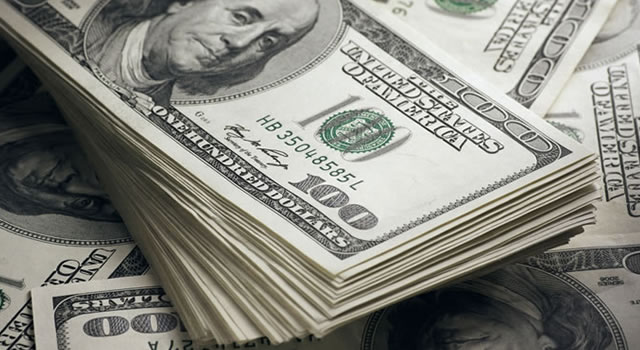Business
World Bank asks CBN to end RT200 FX Programme

The World Bank has advised the Central Bank of Nigeria (CBN) to review the ‘Race to US$200 Billion In FX Repatriation (RT200 FX) Programme’ due to its impact on the country’s foreign exchange.
World Bank explained that people or businesses benefiting from the RT200 FX Programme will take advantage of the incentive offered by the central bank through the rebate scheme.
Ripples Nigeria gathered from the World Bank’s ‘Nigeria Development Update (December 2022): Nigeria’s Choice.’ report that traders could obtain forex in official market and exchange it in the black market to take advantage of the premium rate difference between both forex market.
Note that the CBN’s rebate scheme encourages exporters in Non-Oil export sector to repatriate forex and sale export proceeds in the official forex market.
The rebate scheme is expected to mop up forex the banking system is losing to the black market due to the premium rate in the parallel market.
What World Bank says about CBN’s RT200 FX Programme
However, in the World Bank report, it was stated that the RT200 FX Programme is only worsening the foreign exchange situation in Nigeria, which has seen foreign reserves deplete.
The World Bank report reads, “The main component of this programme is a rebate scheme to encourage the repatriation and sale of export proceeds into the FX market.
“Despite the good intentions of this scheme, it has, in practice, created an additional FX window with a different (subsidised) exchange rate, even if transactions are executed through the I&E window.
“Moreover, with the rising parallel-to-official rate premium, incentives are created for agents to settle transactions outside of the I&E window at the parallel rate even after benefiting from the RT-200 rebate. This policy should be reconsidered.”
The report added that, “The CBN introduced the “Race to $200bn in FX Repatriation (RT-200)” programme in February 2022, with the goal of repatriating $200bn of non-oil export earnings over the next five years.
Read also:World Bank blames Russia for food inflation, projects 574m global poverty population
“The main component of this programme is a rebate scheme to encourage the repatriation and sale of export proceeds into the FX market.
“Despite the good intentions of this scheme, it has, in practice, created an additional FX window with a different (subsidised) exchange rate, even if transactions are executed through the I&E window.
“Moreover, with the rising parallel-to-official rate premium, incentives are created for agents to settle transactions outside of the I&E window at the parallel rate even after benefiting from the RT-200 rebate. This policy should be reconsidered.”
Private sector hoarding forex
Months ago, the central bank had also accused the private sector of hoarding forex obtained from the official market, and keeping it abroad after the business transaction.
CBN’s Deputy Director, Banking Services, Egboagwu Ezulu, had stated, “We are taking FX out of this country and dumping offshore; when we were told to bring them back. If Nigerians are bringing back FX, we would not be talking about the challenges of FX. There is a challenge for individuals and businesses to do the right thing.
“That is why the CBN introduced the RT200 to encourage you to bring back the dollar you are saying is scarce, but in the books of the banks, we see billions of dollars that have been exported out of the country, and the OPS is not bringing it back, so how do we finance FX demand?”
Join the conversation
Support Ripples Nigeria, hold up solutions journalism
Balanced, fearless journalism driven by data comes at huge financial costs.
As a media platform, we hold leadership accountable and will not trade the right to press freedom and free speech for a piece of cake.
If you like what we do, and are ready to uphold solutions journalism, kindly donate to the Ripples Nigeria cause.
Your support would help to ensure that citizens and institutions continue to have free access to credible and reliable information for societal development.
























